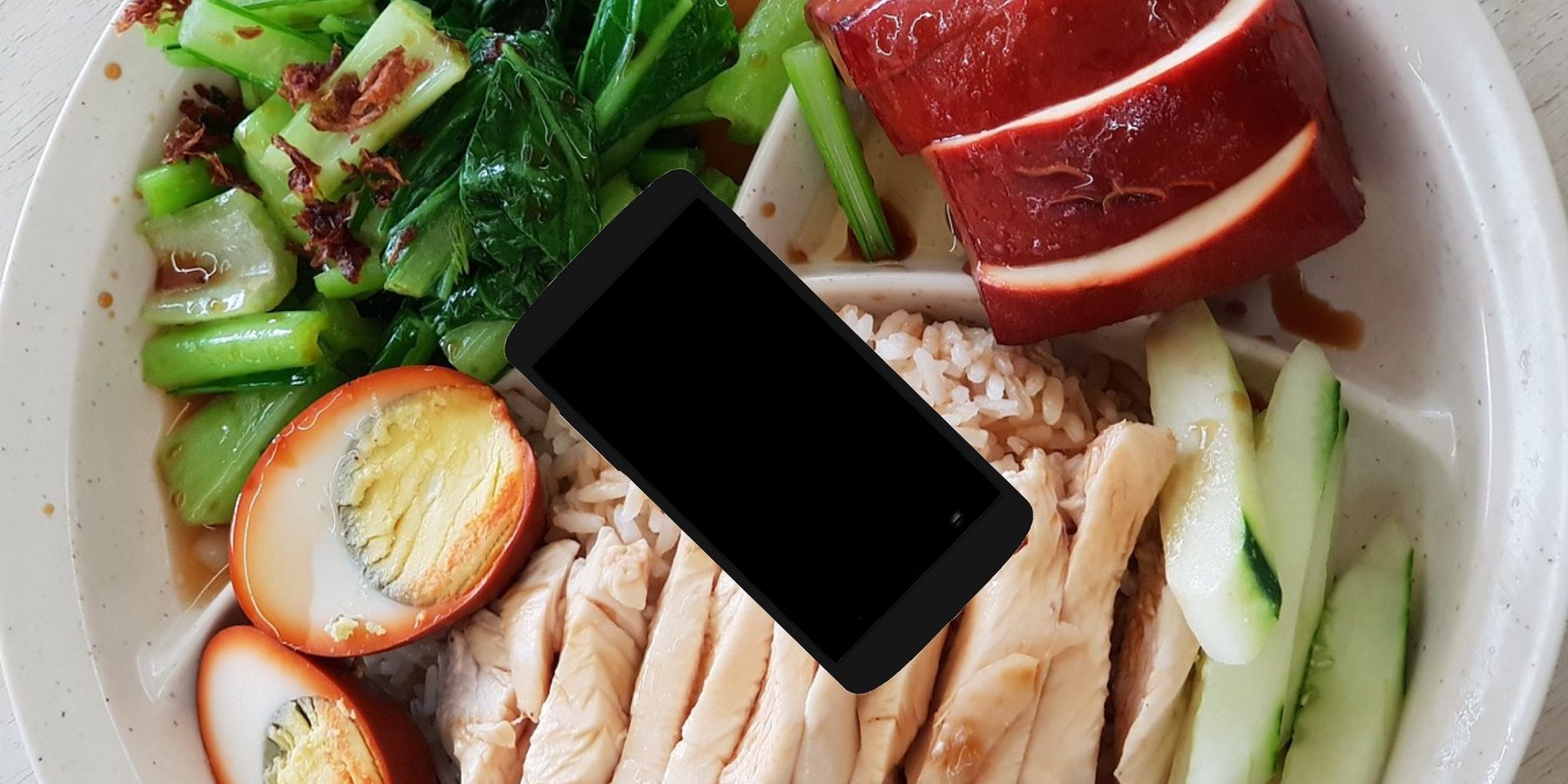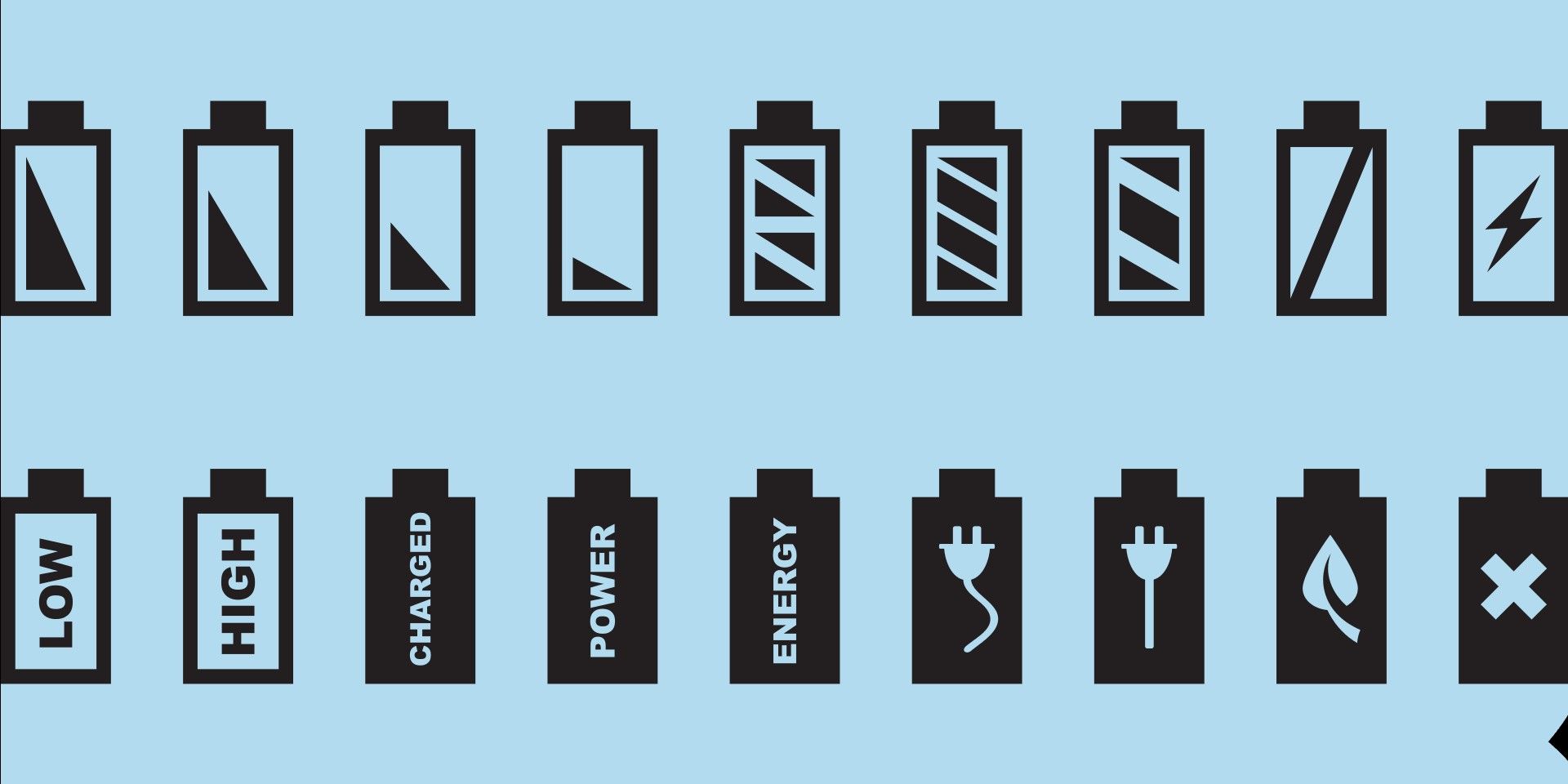A UK individual recently pleaded guilty to a number of charges related to endangering a flight, one of which involved the person attempting to eat their smartphone. This led to an even more worrying situation where the phone’s battery suddenly became an issue for the flight crew.
While incidents surrounding electronics and airlines don’t happen often, they do remain a concern. This is especially true in instances like this where the phone’s battery (along with the actions of the individual) resulted in the aircraft being diverted and forced to make an emergency landing. Electronics have proven such a concern for the airline industry that in 2016 the Samsung Galaxy Note 7 received a worldwide flight ban. Although, that particular instance was a little more unusual due to the phone's tendency to catch fire without warning.
According to the Edinburgh Evening News, Matthew Flaherty tried to eat his phone while on a flight from the UK to Iceland. The phone-eating was only one part of a tirade that included Flaherty abusing the flight crew, as well as other passengers. Based on the report, once the passenger was told to sit down, Flaherty took out his phone and began trying to destroy it and “chewing on the electrical parts” that had broken off. During the phone’s destruction, the battery was discarded nearby and then reportedly started to “smoke and smolder,” causing the flight crew to intervene once again in an attempt to avoid the mobile phone’s battery becoming even more of a flight worry.
Flight Safety Once Again At Risk By A Phone
While in this instance, the issue was most certainly user error, considering the device presumably would have continued to work fine if it hadn't been chewed on and its battery discarded, it does act as a reminder of the issues surrounding the safe usage of electronics on a flight. With the battery having been discarded and then starting to react, cabin crew were forced to put the smoldering power source in a “cup of water to cool it down” and prevent it from catching fire.
Although the days of passengers having to worry about a device’s wireless capabilities interfering with the aircraft might have gone, these are powered devices and that means they do require a certain degree of responsibility. This applies to the use of electronics in general, let alone when in an environment as delicate and confined as a passenger jet’s cabin. Granted, few people are likely to attempt to eat their smartphone during a flight, but one did, and the outcome could have been far worse.
Source: Edinburgh Evening News


